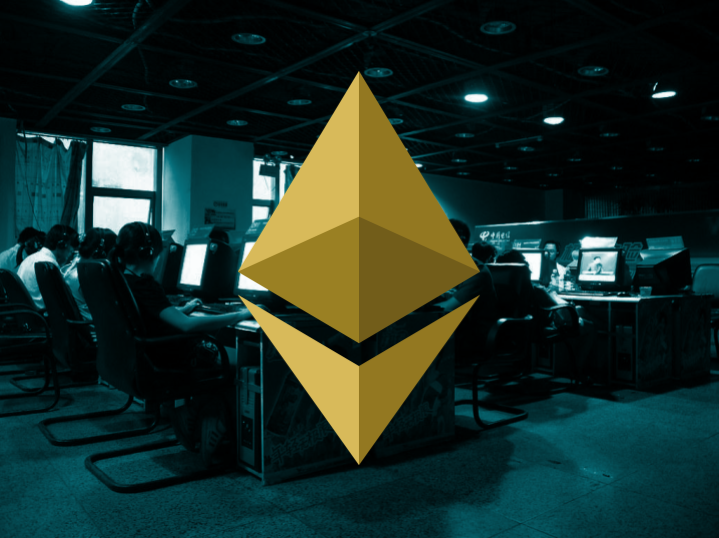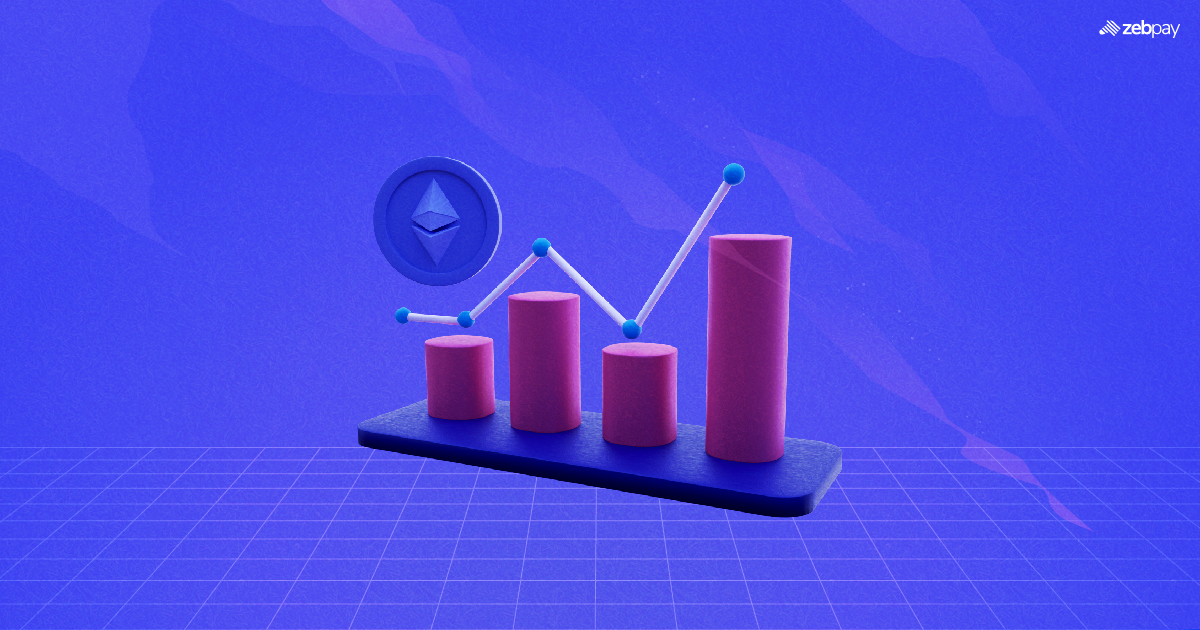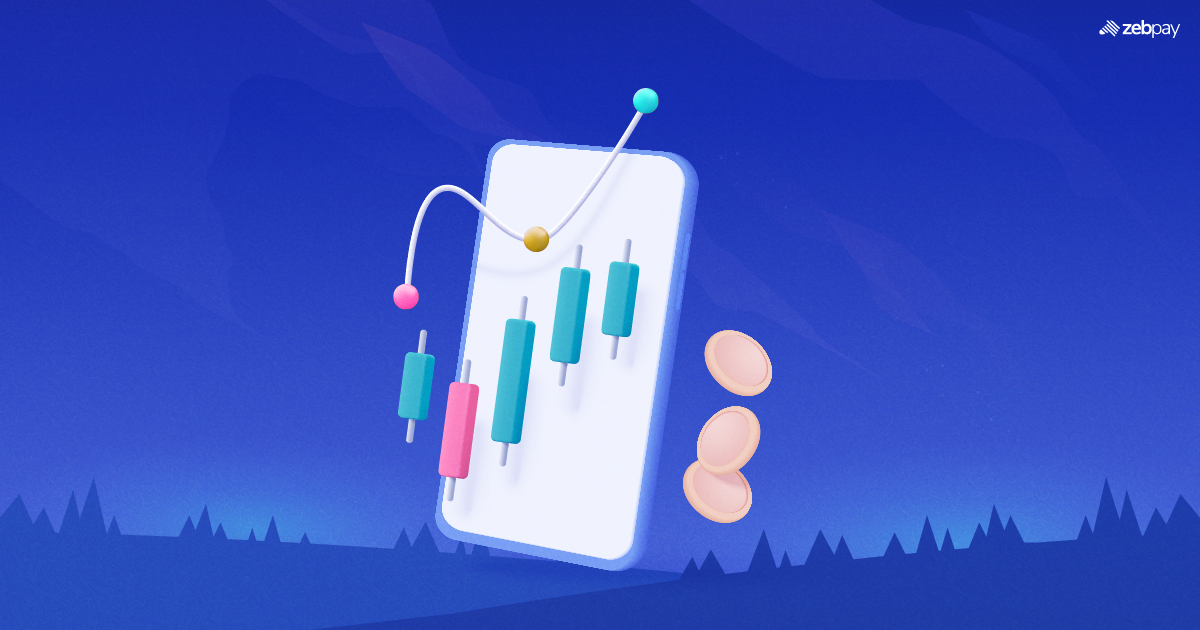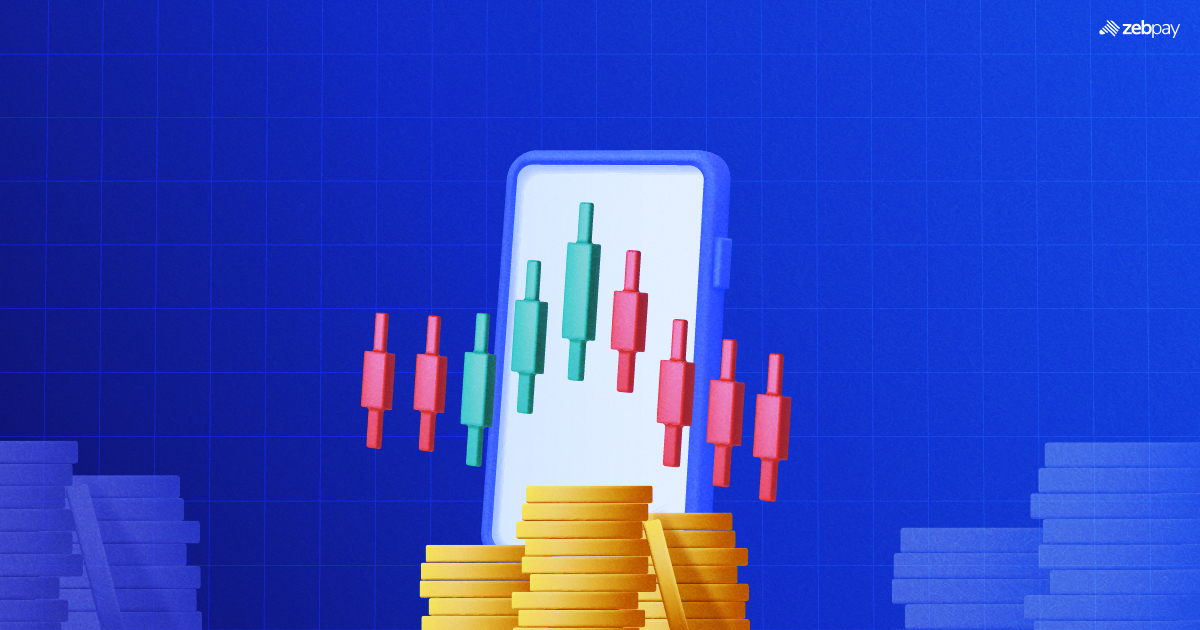If you hold ETH, this has been a good week, hasn’t it? ETH has seen its value begin to march upward once again, improving 16% in the last seven days alone. Part of this is due to a larger bull run across the crypto space. However, if you’ve been active on Ethereum’s user forums, you’ve come across EIP-1559, one of the biggest changes to Ethereum since its genesis block. We’re going to explore that change – with the help of a cyber cafe!
Put simply, EIP-1559 is a proposed change to Ethereum’s fee market.
The way the network is currently set up, every new block is filled with the highest bid for a transaction fee. If that transaction is not processed soon after its filed, which often requires a massive gas price – there’s no way to tell when it will be processed.
Except there’s no real way for a user to know just how much they should bid for their transaction to be processed. Third-parties, like ETH Gas Station and Twitter bots like @EtherFees can estimate the ideal bid, but the Ethereum network itself doesn’t offer this information first-hand.
This is the big change proposed EIP-1559:
But hold on, how do Ethereum’s transaction fees work?
I’m glad you asked! Let’s start by understanding the terms used:
- Gas – The amount of processing power needed to validate a transaction on the Ethereum network. The more gas a transaction needs, the longer it will take to validate. Every single operation on the network needs some amount of gas.
- Gas Price – The price offered by the user to have their transaction processed.
Processing Fee = Amount of Gas Required x Gas Price
Imagine you’re at a cyber cafe to print out some documents, but all the terminals are occupied. How do you ensure your very urgent work gets done in time?
Under the Ethereum fee system, you’d go to the person running the cafe, and offer to pay them 1.5 times the current rate if they give you the very next free terminal. Except – you don’t know what the current rate is – and will have to guess.
Guessing doesn’t seem like a good idea. What changes does EIP-1559 make?
Another way of looking at this is that 1559 makes the inclusion price of transactions explicit in the protocol, rather than implicit, as it is right now.
Under EIP-1559, blocks can be filled up to 200% of capacity. These blocks will also include the minimum price required for transactions to be included in them, called the BASE FEE. When blocks are >100% full, the BASE FEE goes up. When blocks are <100% full, it goes down.
This means our cyber cafe owner has now posted a sign with dynamic pricing. When the cafe is full, they can charge more – because there are more people willing to pay for it. And when the cafe has terminals lying empty, they offer a discount to attract customers.
The proposal will also change an odd feature in Ethereum. Earlier, a user could hypothetically pay a miner to process their transaction with any money – crypto or fiat, which defeats the purpose of ETH completely. EIP 1559 makes Ether the only way to pay for transactions on the network.
So what does this mean for my ETH?
- Ethereum is now more efficient in processing transactions, growing the demand for ETH to pay for it.
- ETH is now the only way to pay for transactions in Ethereum – which also grows the demand for ETH.
- This growth in demand means that ETH’s value is less vulnerable to inflation. The more people want to use Ethereum, the higher the BASE FEE becomes, and the more ETH gets burnt both in total per transaction.
- All of this to say – we’re going to watch the price grow rapidly for quite a while longer. To the moon! 🌝








